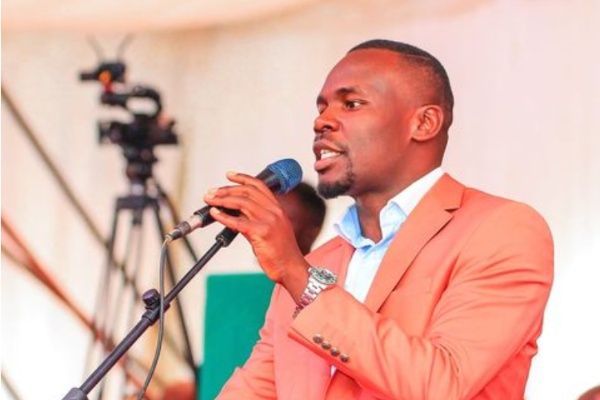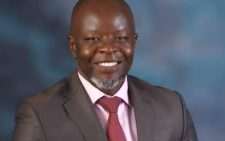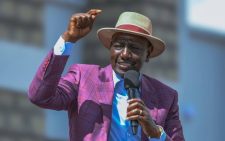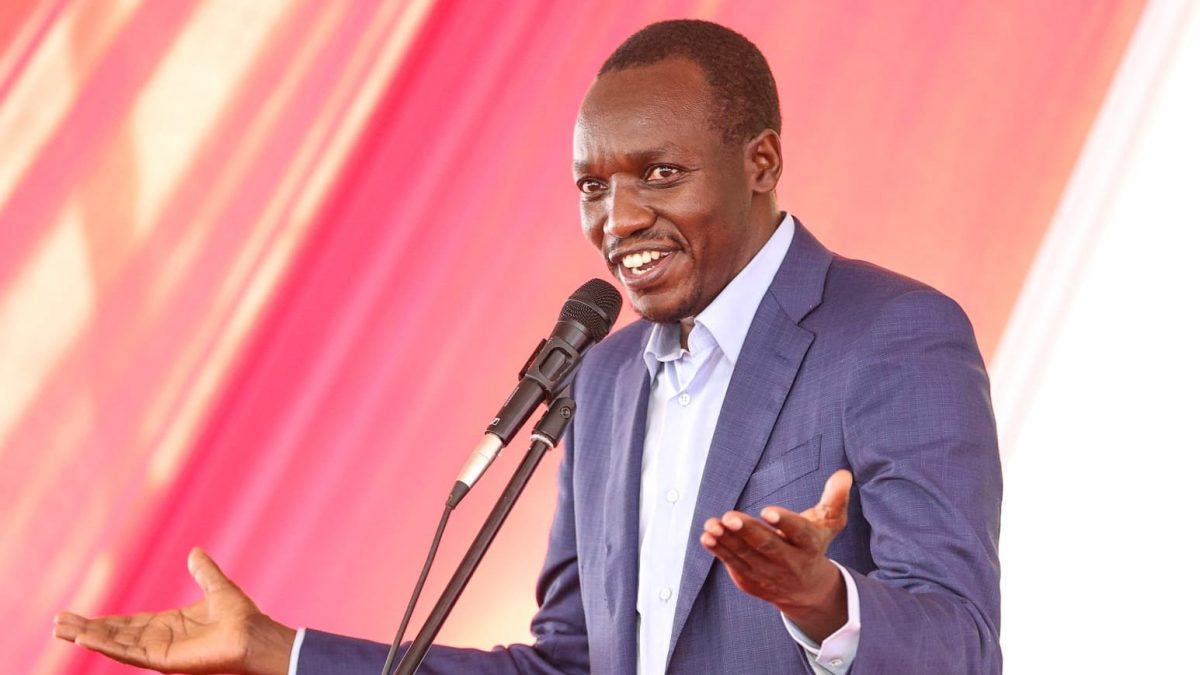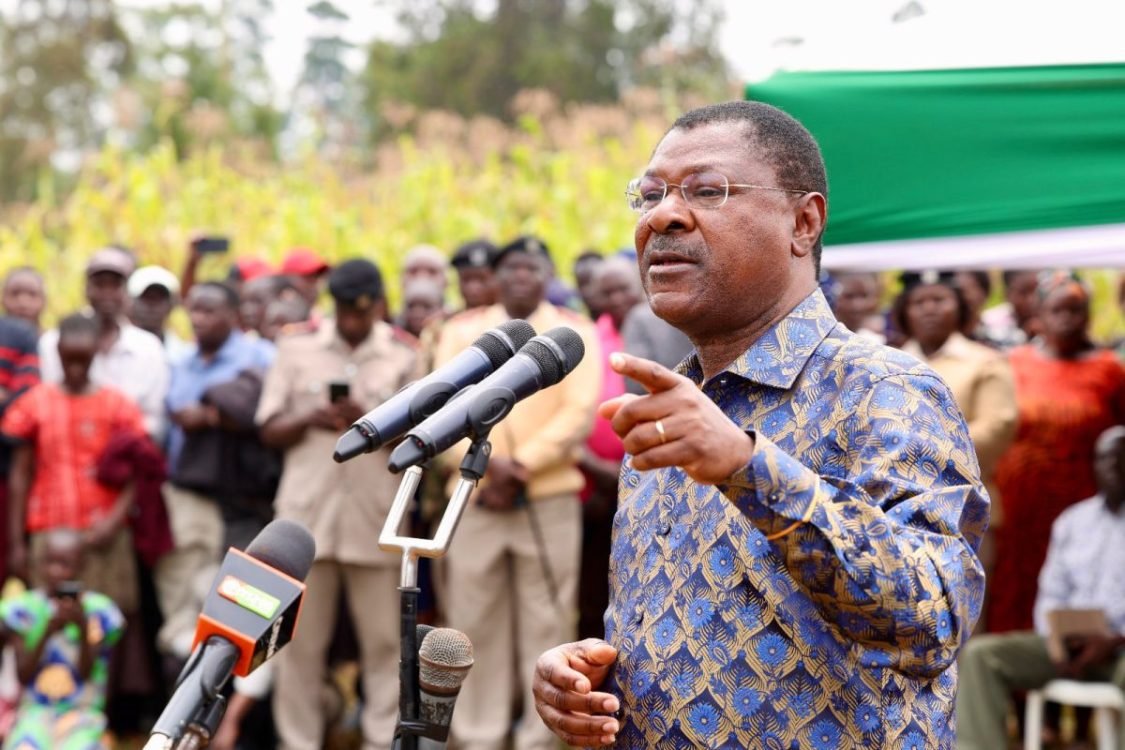MPs undo cuts in Education, Health budgets
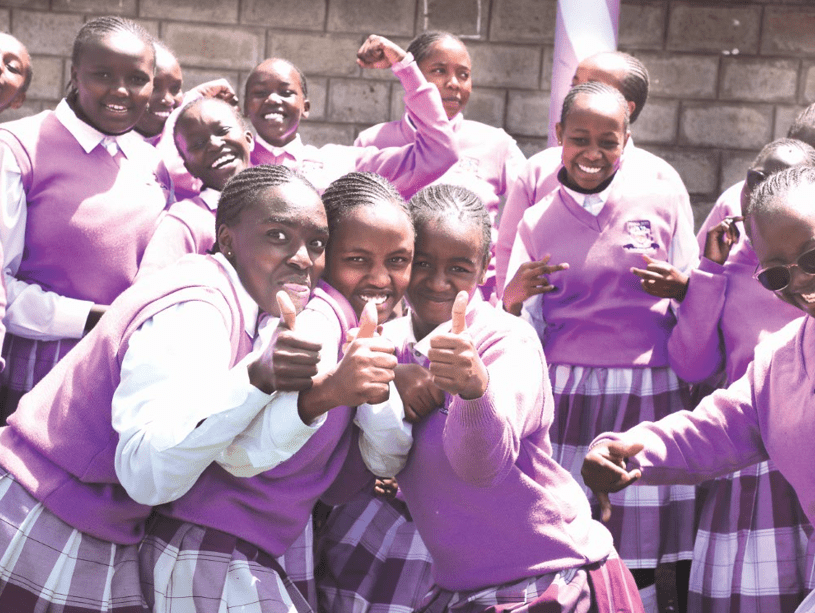
Lawmakers have reinstated money meant for the Health and Education ministries that had been cut in the 2024/2025 Supplementary Estimates.
Education had been hit hardest, suffering a Sh23.1 billion cut, while Health’s budget was reduced by Sh8.935 billion.
In the revisions, the Budget and Appropriations Committee reduced the overall budget from Sh156.4 billion to Sh146.3 billion in the 2024/25 supplementary estimates.
The total reduction in the recurrent expenditure for FY2024/2025 is Sh38.89 billion, while development expenditure was reduced by Sh107.4 billion.
Said the committee report tabled in the National Assembly yesterday: “The committee further recommends that the House approves an overall reduction in the total budget for FY2024/2025 by Sh146,342,055,790 in respect of the votes contained in the first schedule.”
Limited information
The committee, chaired by Kiharu MP Ndindi Nyoro, raised concerns that Semi-Autonomous Government Agencies (SAGAs) provided limited information in the budget estimates. This, lawmakers claimed, had hampered them from properly scrutinising the budget to determine fiscal accountability and transparency.
Earmarks for the State Department for Technical Vocational Education and Training was increased by Sh5.1 billion – from Sh23 billion to Sh 28.2 billion.
The Higher Education and Research department was increased by Sh1.15 billion – from Sh119.2 billion to Sh120.4 billion.
The money will go to the higher education funding agency HELB, whose budget had been reduced by Sh710 million, and the Universities Fund (UF) for scholarships. The budget for UF had been cut by Sh2.6 billion from the originally earmarked Sh19.6 billion.
The UF cuts would have limited access to loans and scholarships for 153,292 students joining university in September.
The budget for Basic Education was increased by Sh14.3 billion – from Sh116.8 billion to Sh131.2 billion. Of this, Sh11.98 billion is for free primary education and Sh2.4 billion for secondary schools. Basic and secondary education had faced total cuts of Sh14.93 billion.
Administering exams
Of the new budget, Sh5 billion will go to administering exams later this year for 3.5 million students, while the Teachers Service Commission will get Sh10 billion to implement the Competency Based Curriculum.
Of the 3.5 million students, 1,264,842 will sit for Grade 3 exams; 1,313,913 for the Kenya Primary School Education Assessment (KPSEA); and 965,501 for the Kenya Certificate of Secondary Education (KCSE) examination.
Of the Sh5 billion, Sh1.9 billion is for KPSEA and Sh3.1 billion for KCSE.
The changes come after the Education Committee expressed concerns that if the reductions had been approved, they would have compromised access to education, as well as quality of education and thus jeopardise reforms underway.
Says the report: “The education sector is one of the most affected … by the proposed revised estimates. This includes an entire reduction for capital projects … including in infrastructure improvement for basic institutions, TVET, and public universities.”
In the Health ministry, the budget for the State Department for Medical Services was increased by Sh27.6 billion – from Sh64.3 billion to Sh91.9 billion.
The budget for the State Department for Public Health and Professional Standards was raised by Sh4.3 billion – from Sh22.6 billion to Sh26.9 billion.
Of this, preventive and promotive services will get an additional Sh3.8 billion, while health resources development and innovation will receive Sh451million.
The money will be used to absorb intern teachers, with officials saying they need Sh3.7 billion for this purpose.
Intern doctors called off their 56-day strike after members of the Kenya Medical Practitioners, Pharmacists and Dentists Union signed a return-to-work agreement on May 8. The deal was to address 1,210 medical intern postings. Disputes over pay scales remained, though.
